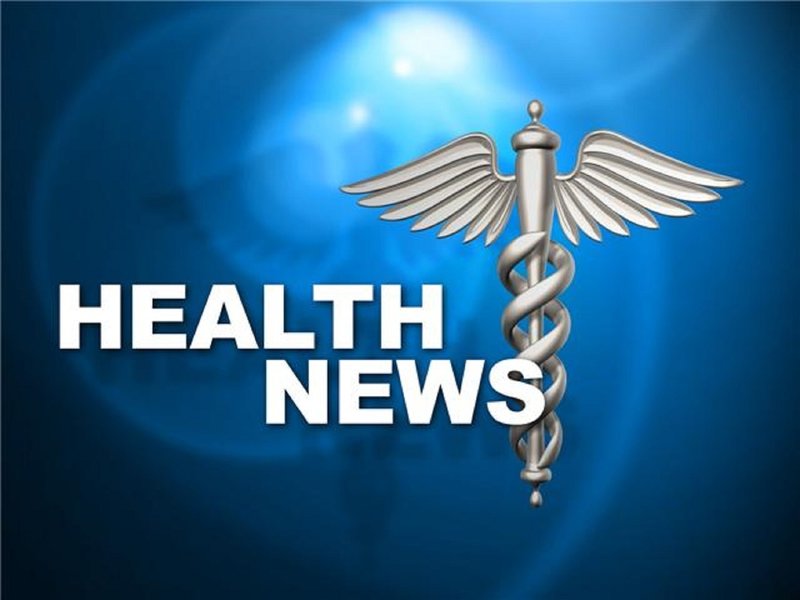
Cristi Walker was born with congenital heart disease. In essence, half of a functional heart. Her condition required multiple surgeries throughout childhood. “It was tough growing up. I had to really focus on setting my own limits. I couldn’t run or keep up with the other kids and the scar on my chest was a constant reminder of what I was dealing with,” said Walker, now 31.
The right side of Walker’s heart was not strong enough to pump sufficient amounts of blood to the lungs at the rate she needed. Over time, blood would back up into the liver, causing congestion and eventual scarring. “By the time this issue was discovered, I was close to needing a liver transplant,” she said.
Now, Walker requires specialized adult cardiac care to address her complex health needs. A new Adult Congenital Heart Disease Program at the Cardiovascular Institute at UC San Diego Health provides the only such service in the region.
“Even though I am in my early thirties, I just transitioned to adult cardiac care last year because I was not comfortable leaving my pediatric team, and I couldn’t find a cardiologist who felt comfortable enough to care for me,” said Walker. “It’s crucial that we have a system in place for kids with congenital heart disease turning into adults and dealing with an onset of issues that come as life goes on.”
Dramatic advances in surgical techniques in the 1970s mean most babies — approximately 85 percent — born with congenital heart disease now survive into adulthood, often thriving and leading relatively normal lives.
“But they require close follow up and evaluation throughout adult life,” said Laith Alshawabkeh, MD, cardiologist and director of the Adult Congenital Heart Disease Program at the Cardiovascular Institute at UC San Diego Health. “It’s a pressing concern. There is a national shortage of physicians who have experience and training to care for adult patients with congenital heart disease.”
The program at UC San Diego Health features a multi-disciplinary team with cardiologists, surgeons, congenital interventional cardiologists, imaging specialists and anesthesiologists with extensive knowledge in congenital heart disease.
“Each patient with congenital heart disease is different and there are layers of complexities that may be involved. We have a committee that meets weekly to discuss each patient’s case and treatment options,” said Alshawabkeh. “We spend a lot of time putting the pieces of their medical history puzzle together.”
Alshawabkeh and specialists even treat pregnant women with congenital heart disease. “Some women have been told their entire lives they could not have a baby due to their condition, but with the right experts on their care team, it is a possibility. We have delivered babies in our cardiac operating room.”
And for women who cannot safely carry a baby to term, the program provides guidance on alternatives to becoming a parent.
“My husband and I are now fostering two little boys,” said Walker. “The program at UC San Diego Health has not only given me a better quality of life, but it has supported me emotionally as we grow our family.”
Congenital heart defects are abnormalities in the heart’s structure that are present from birth. These defects can involve the valves, interior walls, veins or arteries associated with the heart. An estimated 1.6 million adults live with congenital heart disease in the United States, with 15 percent unaware they have the condition until a cardiac event occurs.
According to the American Heart Association and the American College of Cardiology guidelines, patients with congenital heart disease should transition from pediatric to adult care around age 16, completing the process in two years.
“Many patients were told that their heart was ‘fixed.’ Unfortunately, this is almost never the case because complications do occur and some patients require repeat operations throughout their life,” said Alshawabkeh. “Some of my patients, like Cristi, have literally had their hearts rewired in an unusual way and it takes health care professionals with specific skills and training to treat them.”
Alshawabkeh said treating such patients requires personal, compassionate, individualized attention. “We take the time to build rapport. It can be a very emotional experience for a patient to leave the cardiologist they have seen their whole life and start seeing a new one. We take great pride in helping patients through this transition and understanding every aspect of their care.”
Walker is now working and living a full life while receiving care at UC San Diego Health. “I am a productive member of society. I am surviving and thriving because of all the research, technology and programs like the one at UC San Diego Health. I know I am where I’m supposed to be for my future.”
Learn more about the Adult Congenital Heart Disease Program at https://health.ucsd.edu/specialties/cardiovascular/programs/congenital-heart-disease/Pages/default.aspx









